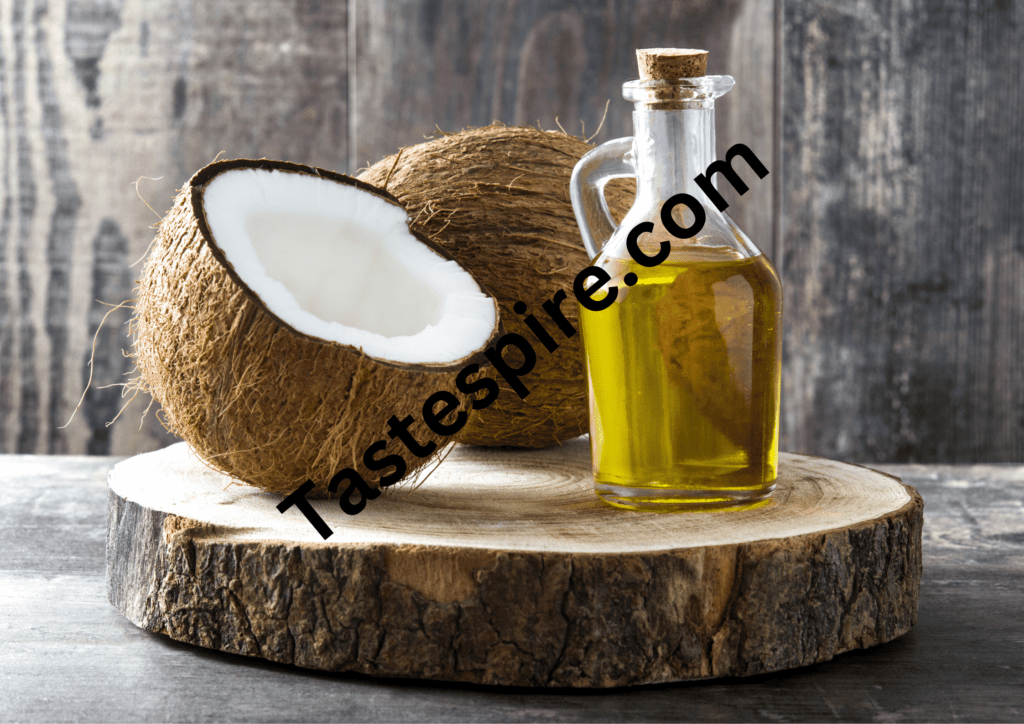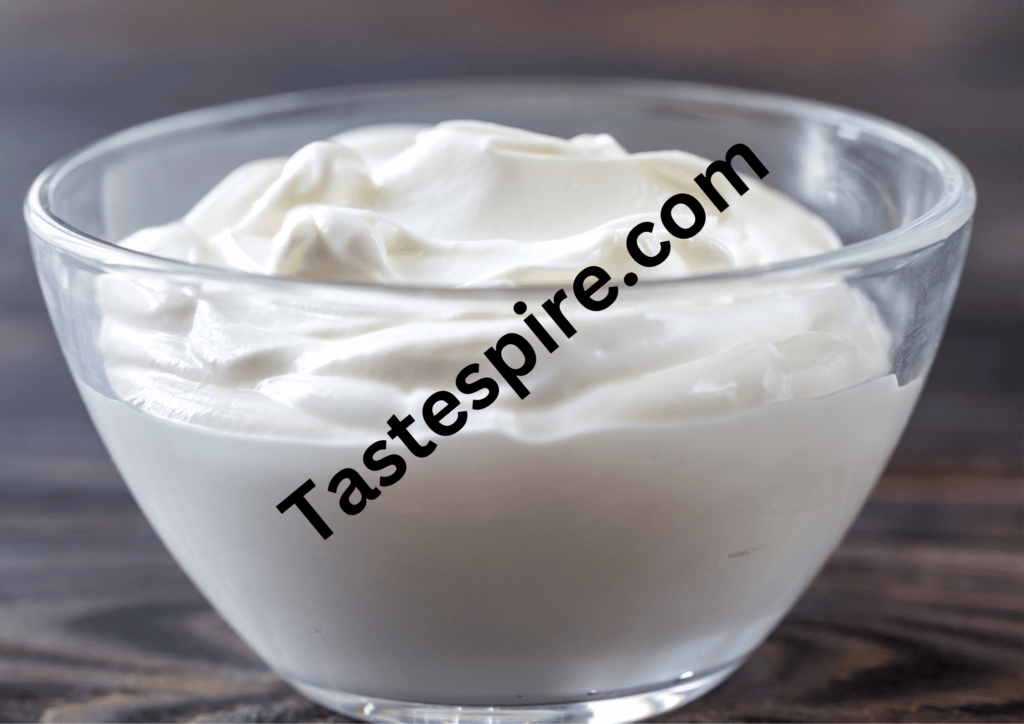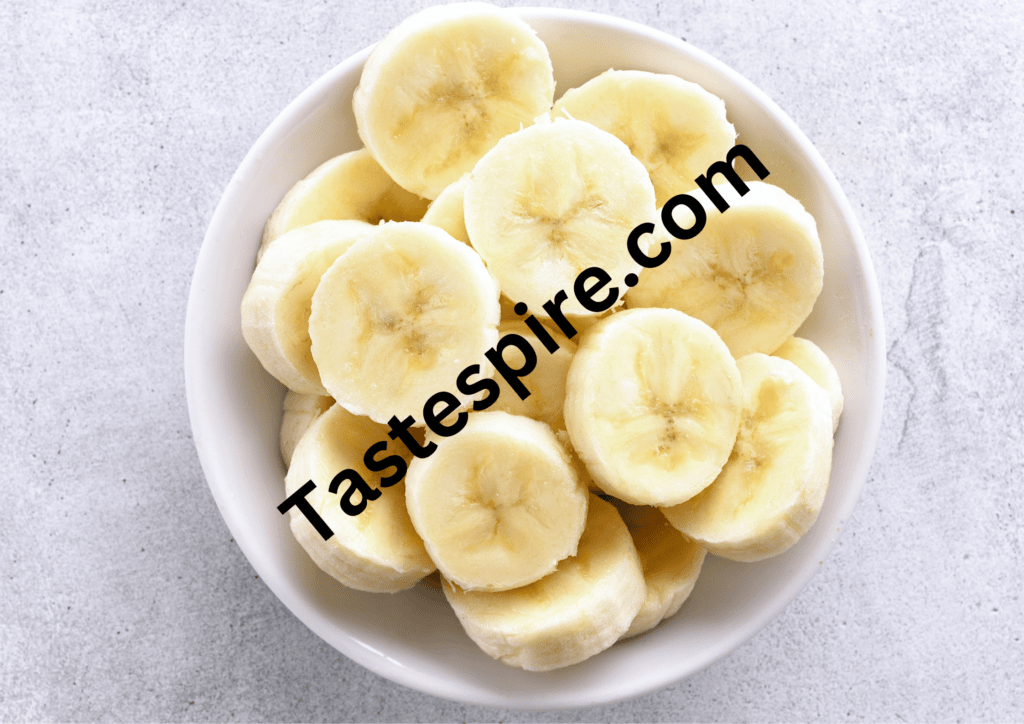When it comes to cooking and baking butter has always been a trusty companion known for its rich, creamy texture and distinctive flavor that have graced kitchens around the world. However as health-conscious consumers seek alternatives to traditional ingredients the search for delectable and healthier Substitutes for Butter has gained significant traction. In this article we’ll delve into ten fantastic options that not only elevate the flavor of your favorite dishes but also offer various health benefits.
Table of Contents
1. Margarine: Our 1st Substitutes for Butter

Margarine is a time-tested butter substitute that has been a staple in baking for decades. When selecting margarine look for products explicitly labeled as butter substitutes or designed for baking. These variations closely mimic the texture and functionality of butter, making them ideal for recipes where butter is a key ingredient. Margarine can be used in equal amounts as butter in most recipes whether you’re making cookies, cakes, or pie crusts. It’s a versatile choice that retains moisture in baked goods and delivers a familiar buttery taste.
2. Coconut Oil: A Tropical Twist

Coconut oil is an excellent alternative for butter particularly in vegan or dairy-free dishes. It brings a delightful hint of coconut flavor to your recipes so consider this when incorporating it into your culinary creations. Coconut oil works wonderfully in recipes like vegan chocolate chip cookies where its solid state at room temperature mimics the texture of butter creating a chewy and satisfying cookie. Additionally it’s known for its potential to boost metabolism and support weight loss making it a preferred choice for health-conscious individuals.
3. Olive Oil: Mediterranean Magic

Olive oil is a versatile and heart-healthy substitute for butter that can be used in both cooking and baking. This Mediterranean gem adds a distinct flavor profile to your recipes elevating them to new heights. Extra virgin olive oil in particular is considered a healthier option due to its minimal processing and higher concentration of beneficial compounds. Use it to sauté vegetables, roast potatoes, or drizzle it over artisanal bread for a simple yet exquisite dining experience.
4. Avocado: Creamy and Nutrient-Rich

Avocado is a fantastic butter substitute especially when you need a spreadable texture. Mashed ripe avocados can be used on toast, sandwiches, or as a base for creamy salad dressings. Not only does avocado provide a luxurious and creamy texture but it’s also packed with healthy fats and essential vitamins which make it an excellent choice for those prioritizing their health.
5. Nut Butters: Nutty Delights

Nut butters such as peanut butter, almond butter, and cashew butter offer a delightful nutty flavor and richness that can enhance your recipes. They are incredibly versatile and can be used in various culinary applications. Whether you’re spreading them on whole-grain toast, blending them into smoothies, or incorporating them into savory dishes like Thai peanut noodles and nut butters provide an excellent source of protein and healthy fats.
6. Greek Yogurt: Creaminess without Guilt

Greek yogurt is an ingenious butter replacement especially in recipes where moisture and creaminess are essential. Its tangy and creamy nature makes it a versatile choice for both cooking and baking. Greek yogurt is also a rich source of protein and probiotics which promote gut health while adding a satisfying texture to your dishes.
7. Applesauce: A Low-Fat Moisture Booster

For a low-fat and low-calorie substitute in baking turn to unsweetened applesauce. It serves as an excellent alternative for butter in recipes like muffins and cakes providing moisture and a subtle apple flavor. Consider swapping out half the butter in your recipes with applesauce for a guilt-free indulgence.
8. Banana: Natural Sweetness and Moisture

Mashed ripe banana can work wonders as a butter substitute in various recipes especially in baked goods. Its natural sweetness and moisture content make it an excellent addition to pancakes, muffins, or even chocolate chip cookies. Bananas not only enhance the flavor but also contribute to the overall nutrition of your treats.
9. Buttermilk: Southern Comfort

Buttermilk is a classic ingredient in Southern cooking and can effectively replace butter in specific recipes. Its tangy flavor adds depth to biscuits, pancakes, and waffles. Additionally buttermilk has a lower fat content compared to traditional butter which make it a favorable option for those watching their fat intake.
10. Tahini: Sesame Sensation

Tahini, made from ground sesame seeds offers a unique nutty flavor and a creamy consistency which make it a valuable addition to both savory and sweet dishes. Incorporate tahini into dressings, dips, or use it as a drizzle on desserts for a distinctive and delicious twist.
Ratio Table
Certainly here’s a ratio table indicating how much you can use each substitute as a replacement for butter in recipes:
| Butter Substitute | Replacement Ratio |
|---|---|
| Margarine | 1:1 |
| Coconut Oil | 1:1 |
| Olive Oil | 1:1 |
| Avocado | 1:1 |
| Nut Butters | Varies (1:1 to 1:2) |
| Greek Yogurt | 1:1 |
| Applesauce | 1:1 |
| Banana | 1:1 |
| Buttermilk | 1:1 |
| Tahini | 1:1 |
Note: The replacement ratio may vary depending on the specific recipe and the desired texture and flavor. It’s essential to adjust the quantity of the substitute based on your individual preferences and the dish you’re preparing.
FAQs
What can I use in place of butter?
When looking for a butter replacement consider options like margarine, coconut oil, olive oil, avocado, nut butters, Greek yogurt, applesauce, banana, buttermilk, and tahini. These substitutes offer unique flavors and nutritional benefits while enhancing your recipes.
What can replace butter when baking?
In baking you can replace butter with alternatives like margarine, coconut oil, olive oil, Greek yogurt, applesauce, banana, and buttermilk. These ingredients provide moisture and flavor to your baked goods while reducing the fat content.
What can I use instead of butter vs. butter?
When deciding between butter and its substitutes it depends on your dietary preferences and the dish you’re preparing. Olive oil, coconut oil, nut butters and tahini offer distinct flavors while margarine and Greek yogurt provide similar textures.
What is the best non-dairy substitute for butter?
For a non-dairy butter substitute consider options like coconut oil, olive oil, avocado, nut butters, Greek yogurt, and tahini. These alternatives offer creamy textures and are suitable for lactose-intolerant individuals.
Conclusion:
In conclusion the world of culinary alternatives is vast and exciting offering numerous options to replace butter while enhancing the flavor and nutritional value of your favorite recipes. Whether you’re seeking a heart-healthy option a dairy-free alternative or simply a new flavor profile these ten substitutes for butter are sure to elevate your cooking and baking adventures. Experiment with these options to discover the perfect butter substitute that suits your taste and dietary preferences.
Related Posts:
